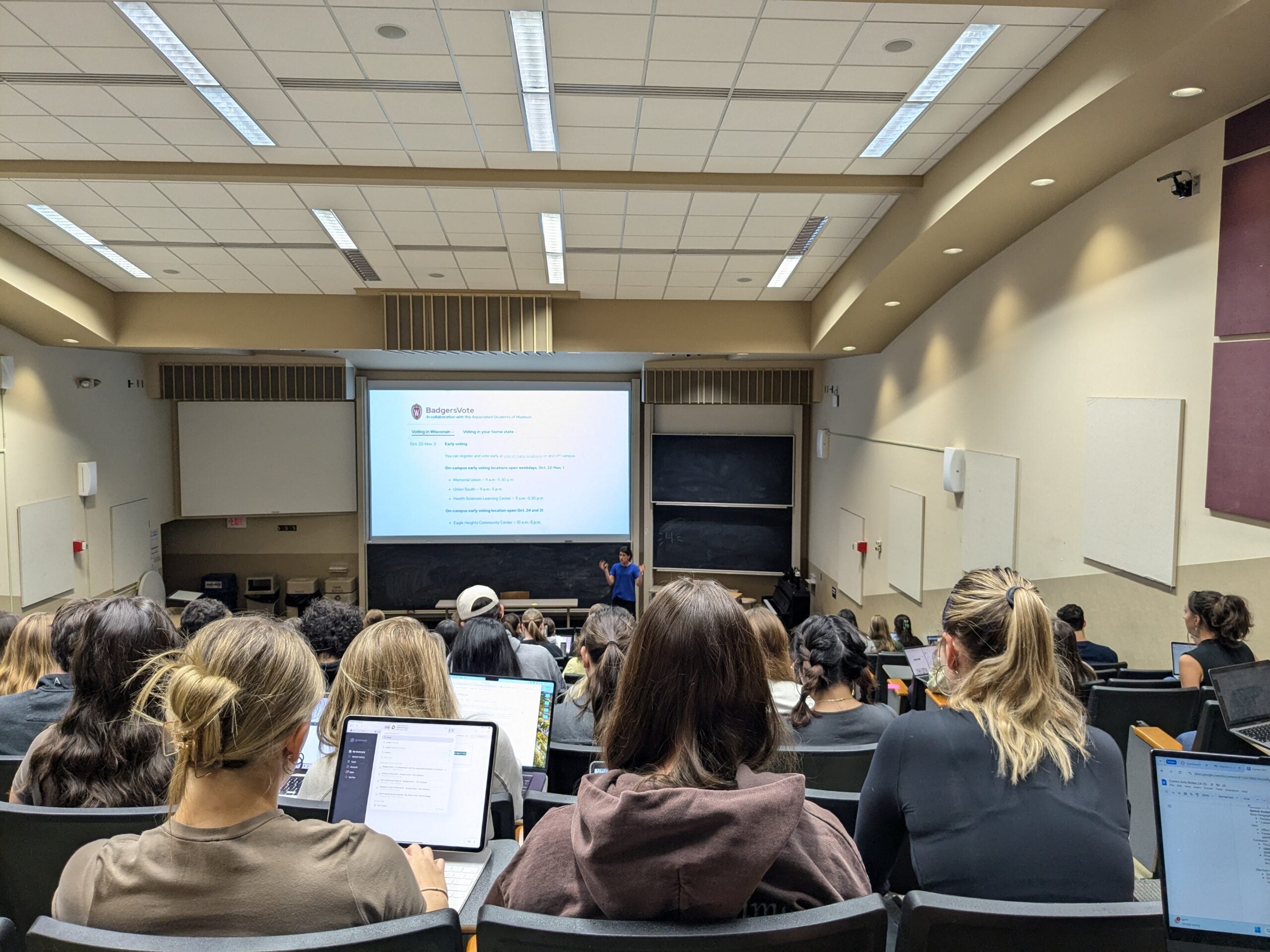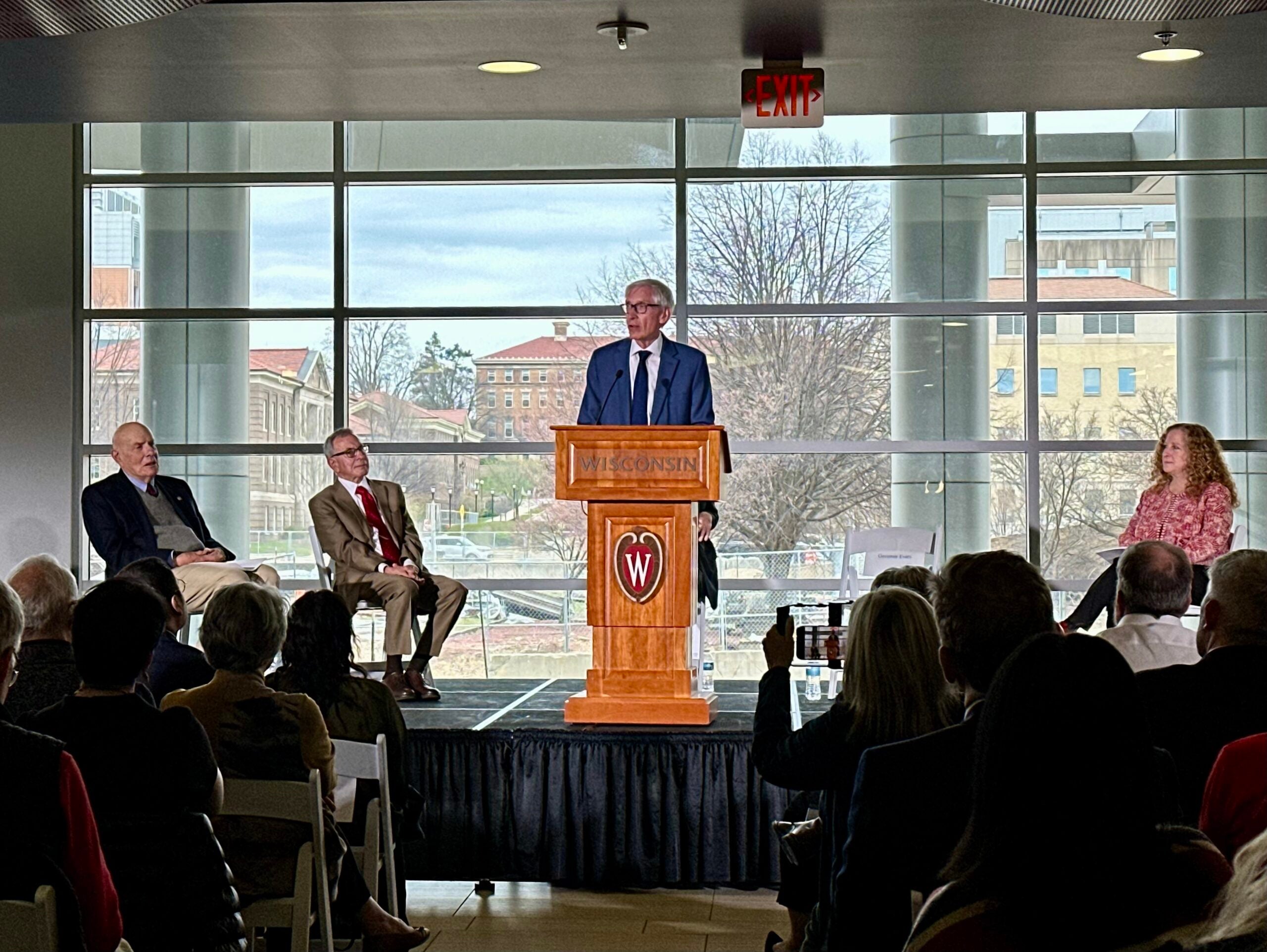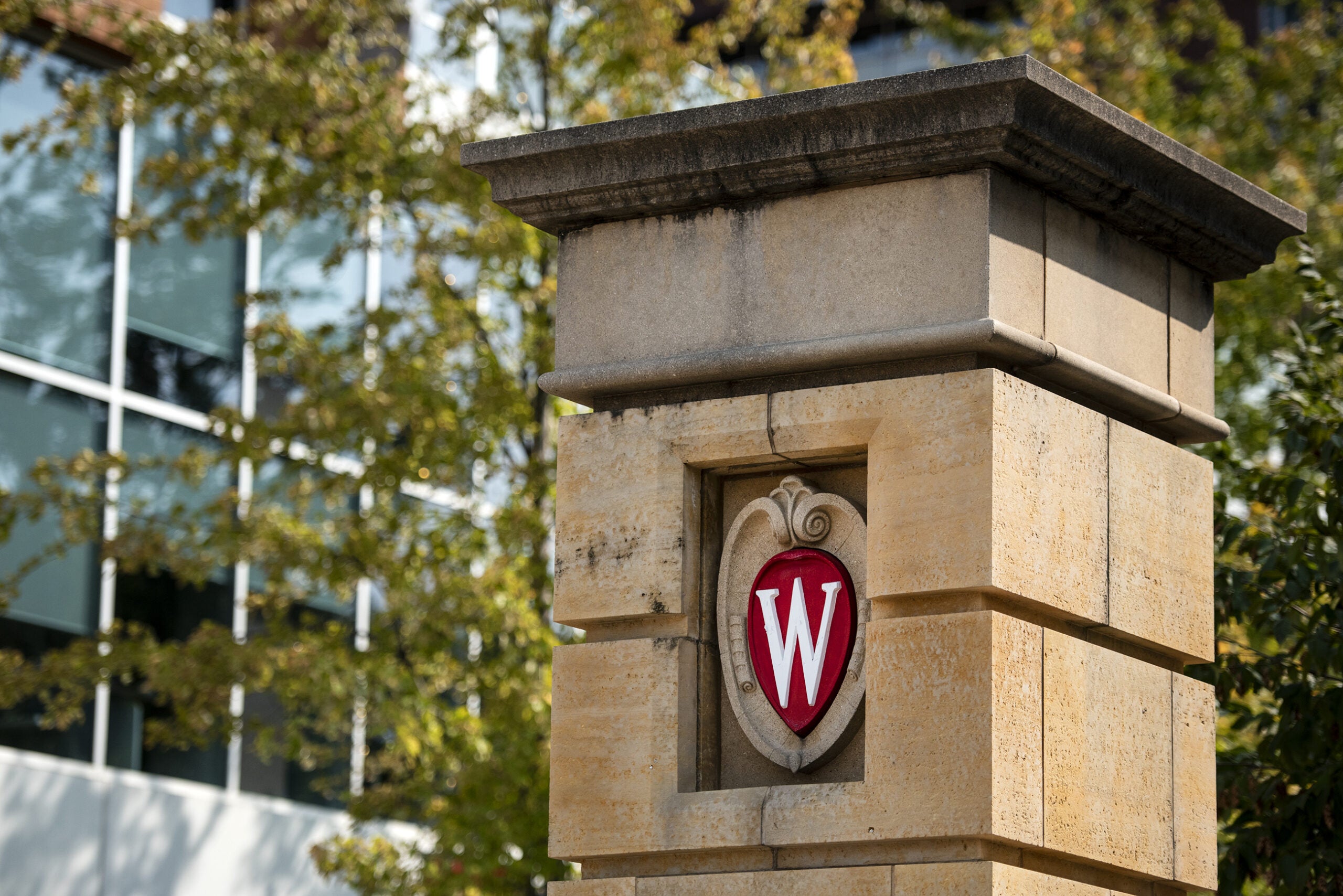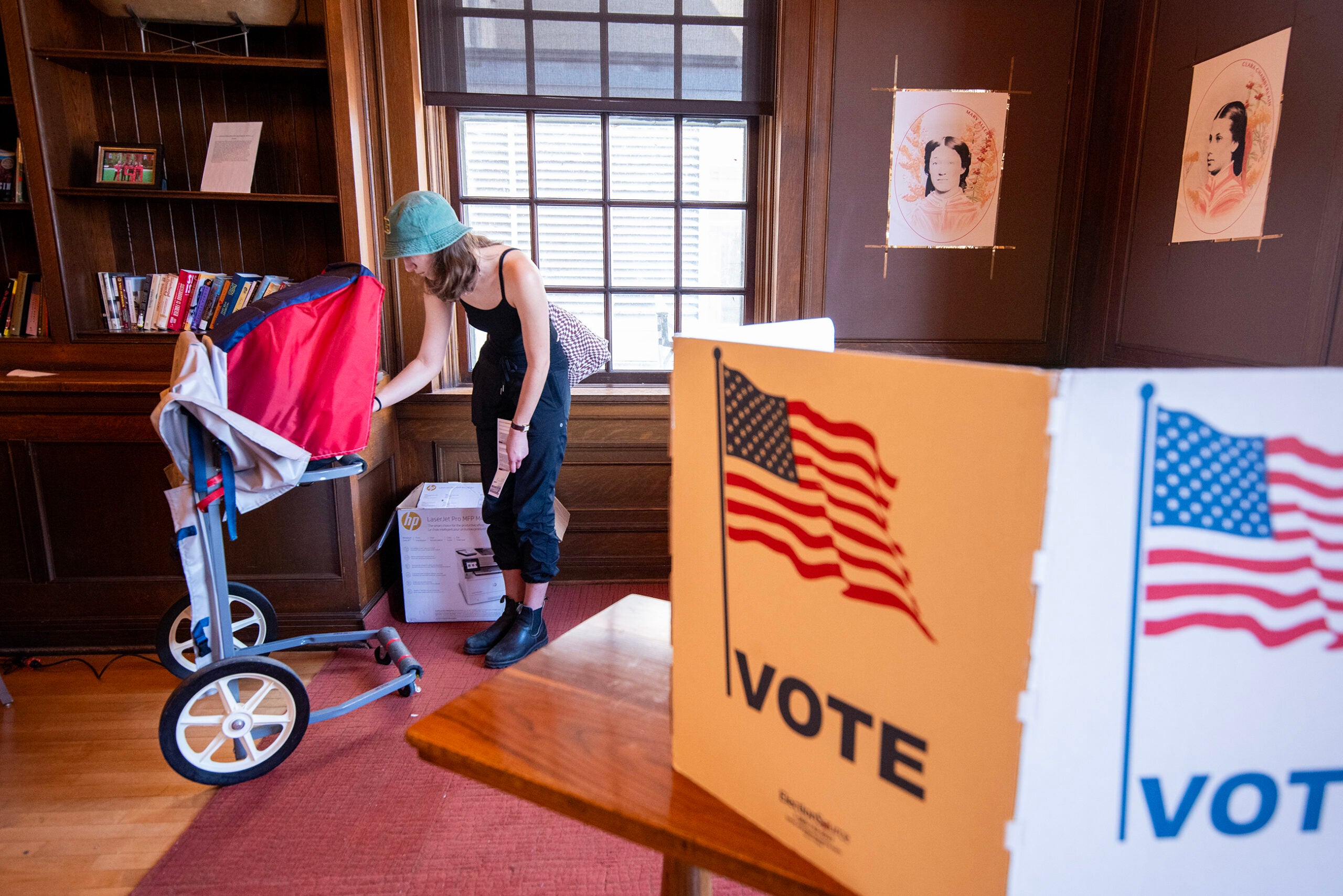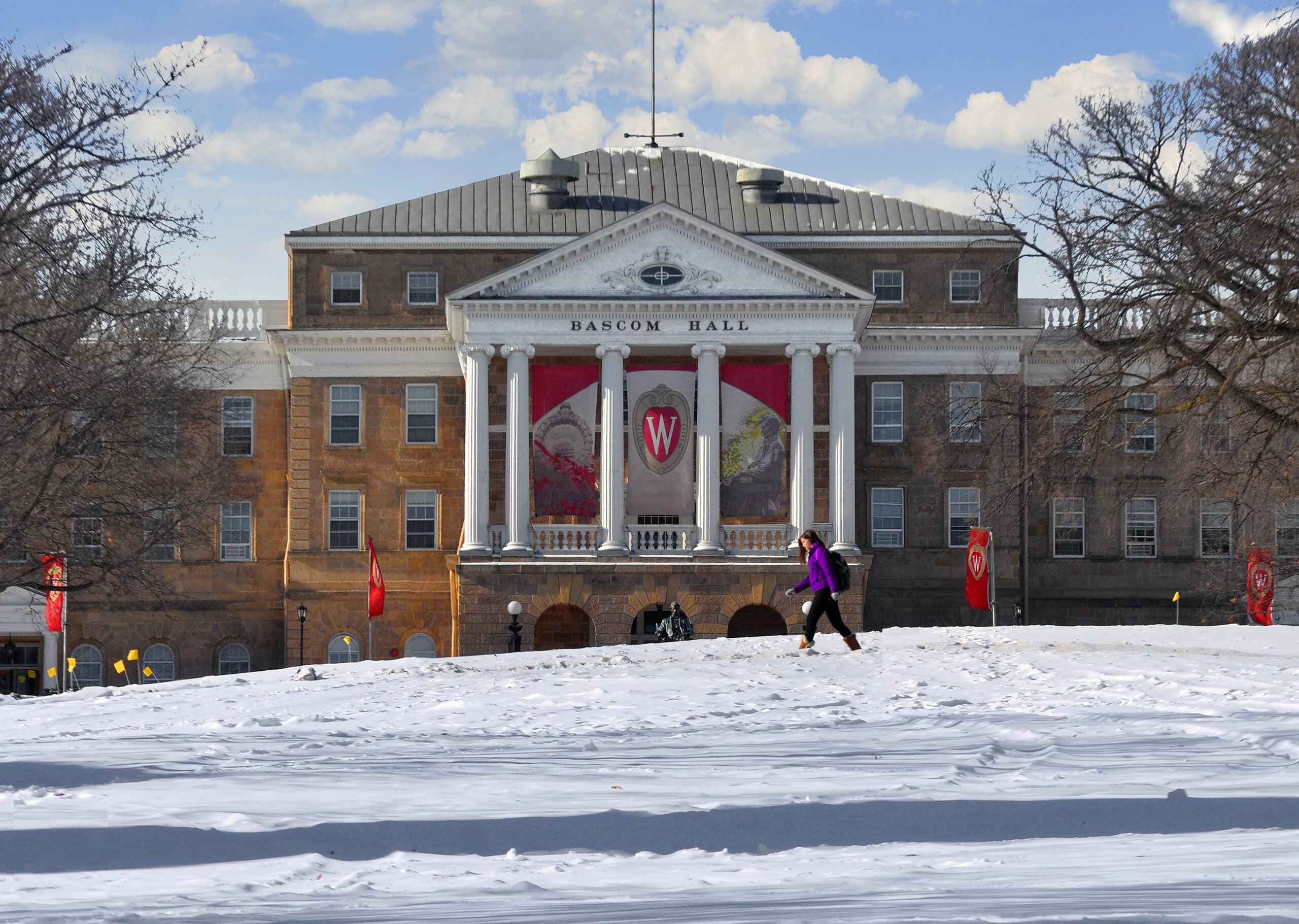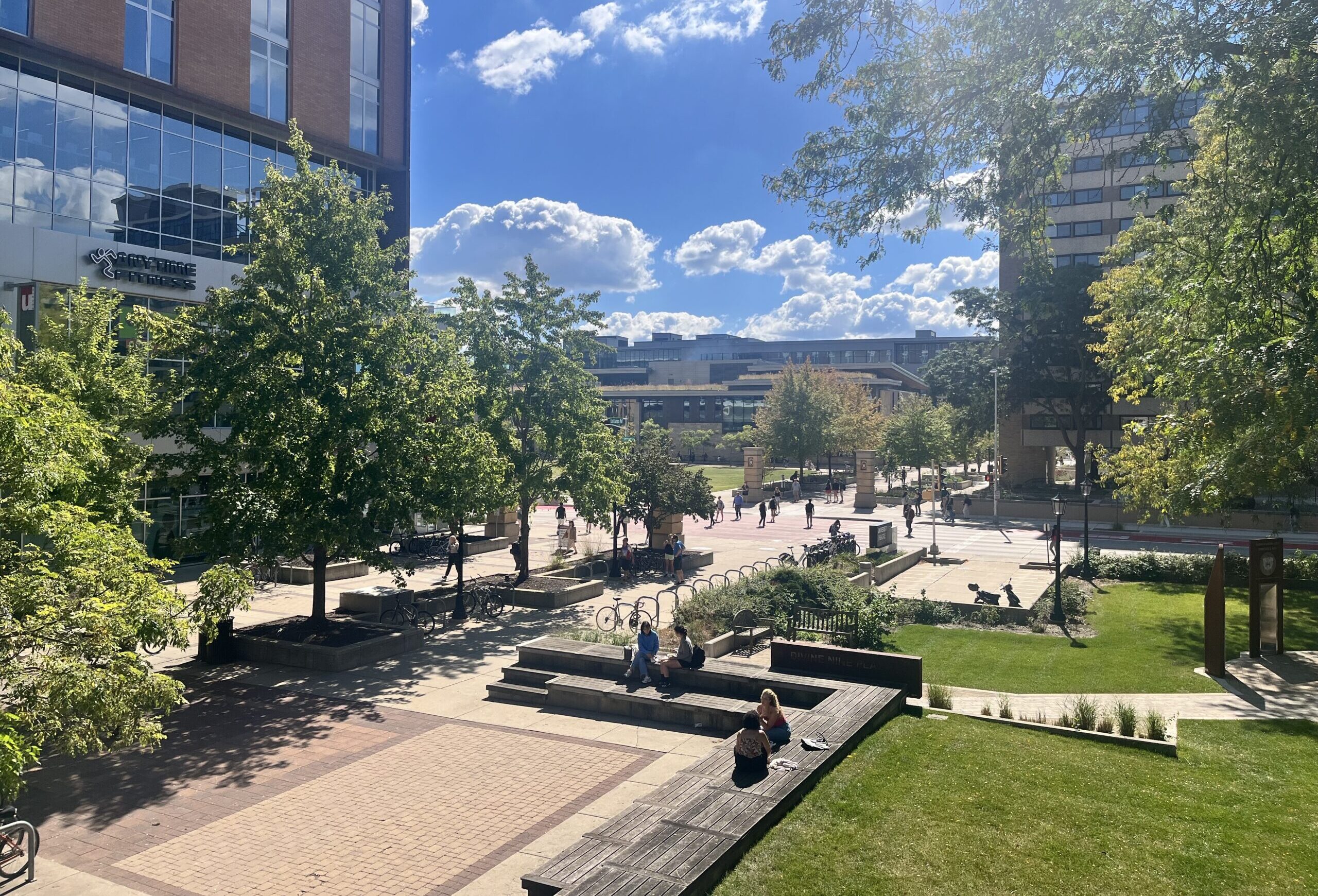Many people are disenchanted with how bitter and divisive American politics has become since 2016 when Donald Trump was elected president. But for most college students today, that’s all they’ve ever known, said Allison Prasch, a University of Wisconsin-Madison professor who teaches political rhetoric.
“If you were 11 or 12 in 2016, that is your entire political memory,” she told WPR’s “Wisconsin Today.” “For them, the political norms are very different than we might think of them in other generations.”
But many college students are hoping for a different kind of politics.
Stay informed on the latest news
Sign up for WPR’s email newsletter.
“I am tired of the chaos, the division, the anger,” Dylan Goldman, a student in Prasch’s class, said. “Our political system — our political climate — is out of control. And Donald Trump, frankly, has broken it. He’s broken the ability for us to have conversations with our family, with our friends.”
Students from the class aren’t just frustrated with Trump. They told WPR that they have been unimpressed with the lack of clear and substantive policy discussions during the campaign.
Violet Bluestein said, “Listening to the speeches … they honestly don’t really say that much.”
Anna Landry said that “there was a lot of yelling at the TV” when a group from her dorm gathered to watch the presidential debate. “They just skirt around the topics.”
Prasch said that after the presidential debate, students told her they were discouraged there wasn’t a meaningful discussion of climate change.
“They are frustrated and angry, not just by the candidates but also other people in positions of political power who they say (are) out of touch with the real issues,” she said. “(They wonder) if their futures are seen and held in the same importance that previous generations’ futures have been.”
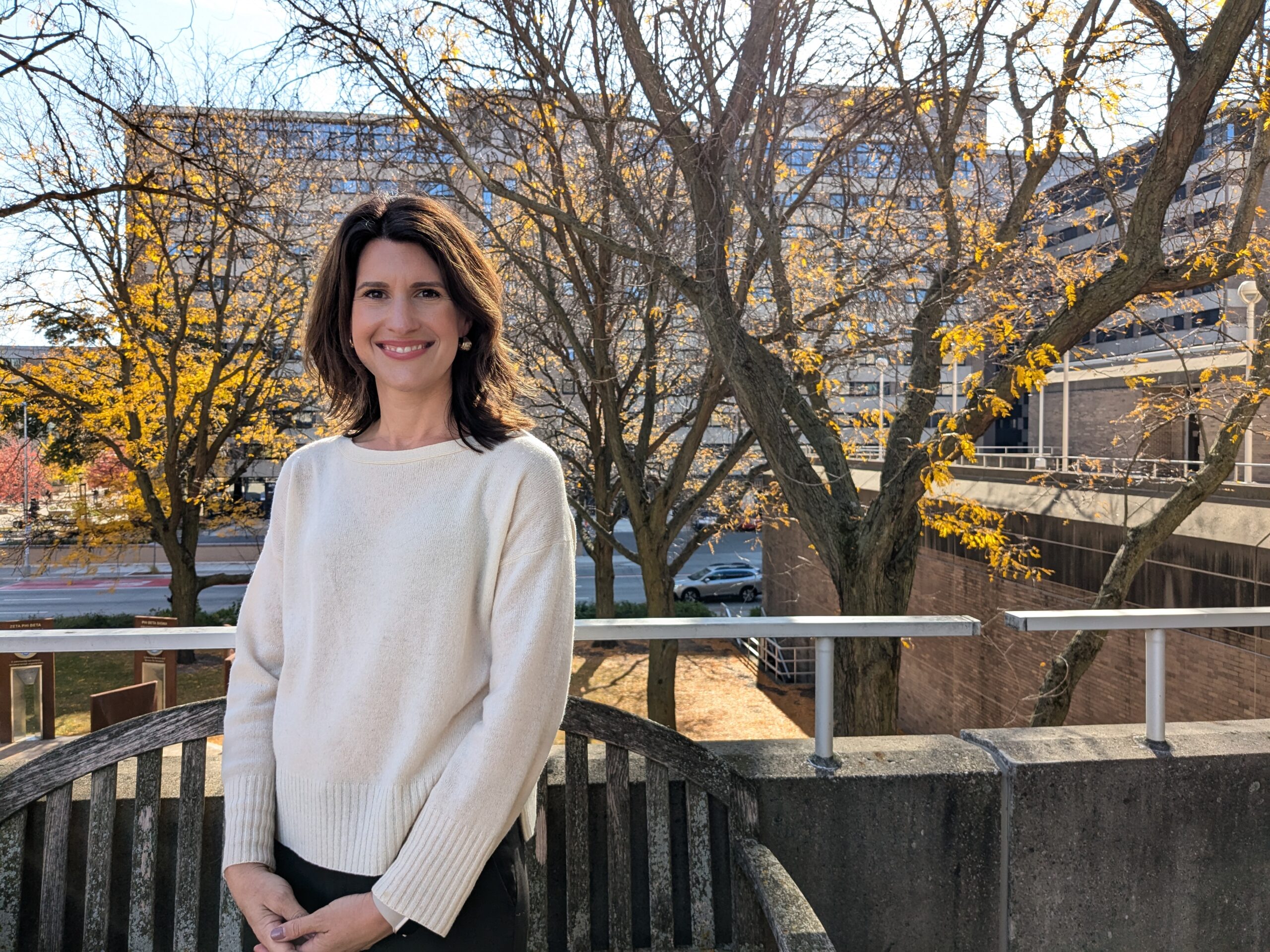
Abortion and the economy cited as top political issues for student voters
When Prasch polled the class on their top political issues this election, reproductive rights and the economy topped the list, largely tracking with broader national trends.
“I think it’s important to value (reproductive rights) not just for us but also our mothers and then our kids later on,” Hannah Wall said.
Owen Kolbrenner said that abortion “feels like the most pressing issue” this election season, especially because of where both presidential candidates stand.
“If it goes the Trump route, it’s going to be horrible for women, and if it goes the Kamala route, it’s going to be good for women,” he said.
Young voters are worried about the economy, too, though they are more likely to think of it in terms of costs of living rather than gross domestic product.
“As a student, the economy means something different (to me) than it does to my parents,” a student wrote in an anonymous survey. The student added that while older adult voters may think of the economy in terms of stock prices or mortgage rates, young adults consider everyday expenses like rent and groceries.
The war in Gaza is of ‘deep concern’ to many college students
Students at college campuses around the country, including in Madison and Milwaukee, demonstrated in support of Palestinians in the spring. Although a recent national survey shows that only 11 percent of college students rank the Israel-Hamas war as their top issue, Prasch said it is a “deeply personal” issue for many students.
Summer, who asked that only her first name be used for privacy reasons, shared the following in an email to WPR.
“As a Palestinian American student, I’m deeply discouraged by the 2024 presidential election due to the ongoing genocide in Palestine, in which U.S. leadership continues to be complicit,” she wrote. “The silence from U.S. leaders has left many of us questioning our place as voters. Until Vice President Harris addresses the atrocities in Gaza, I and others like me will remain uncommitted.”
Xochitl Quinones said she sees this as a wedge issue for the Democrats. She worries that the party isn’t listening to Gen Z and is simply taking their support for granted because of Trump’s unpopularity with younger voters.
“It’s been really disappointing for me and a lot of other young voters who maybe feel like they have a more progressive political stance,” she said. “I think if the Democrats had continued with a more progressive agenda, they could have had a lot more success with people who are anti-Israel or anti-Zionist who are now willing to throw away their vote to Jill Stein or someone else.”
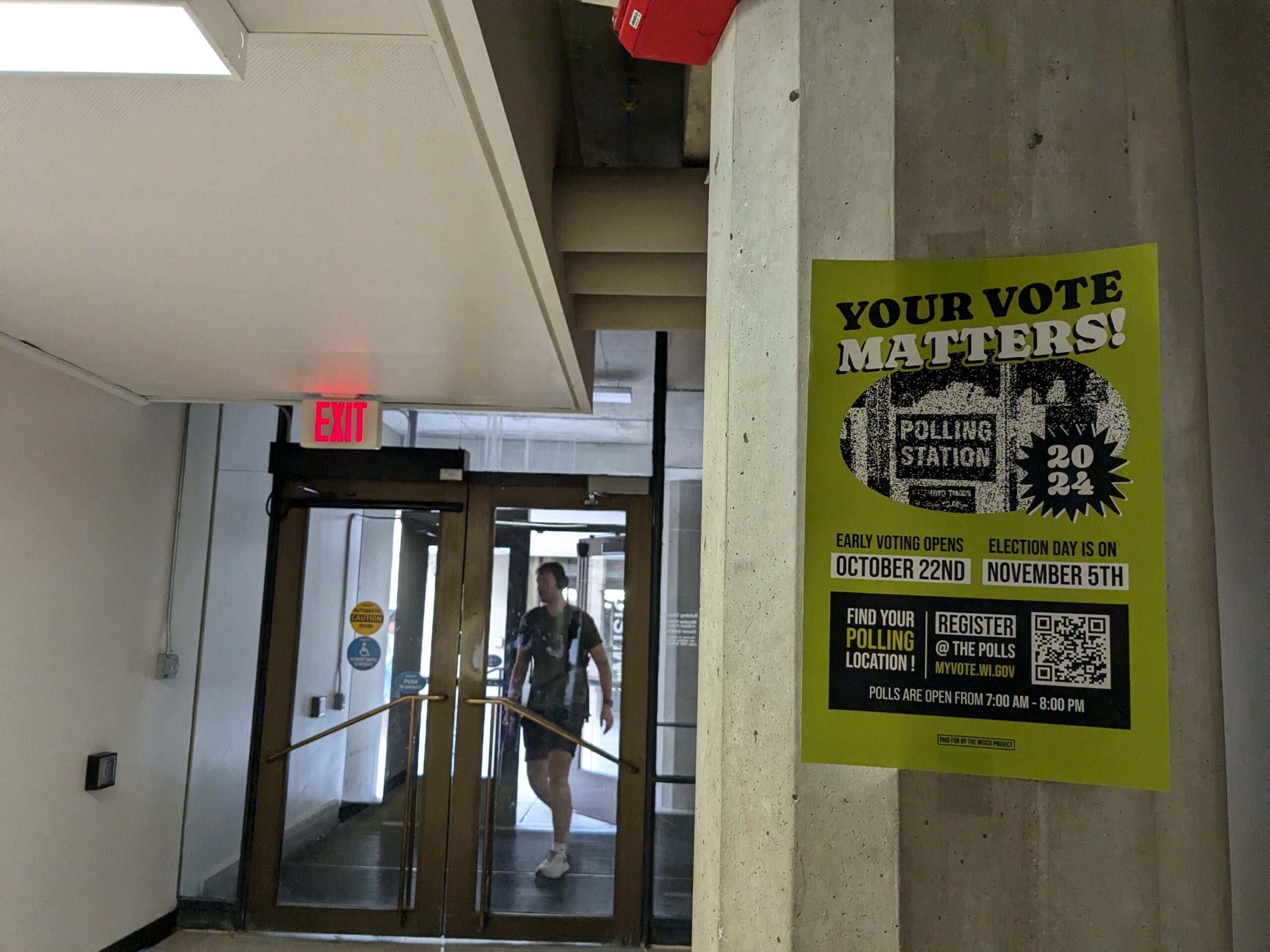
Young voters worry about threats to democracy
Quinones told WPR that the future of democracy is her top political issue.
“Given how the past 10 years or so have evolved American politics, I think that democracy should be at the forefront of everyone’s minds right now,” she said. But she worries that the term “democracy” doesn’t carry as much weight in partisan politics as other hot-button issues.
Prasch said that this comes up a lot in class discussions. Many of her students were in high school during the Jan. 6, 2021 attack on the U.S. capitol, and they worry about a repeat.
“I feel like there’s just so much on the line,” Bluestein said. “My top issue is just making sure that democracy stays in place. I just think that should be at the center of it all because no other issues matter if we’re not living in a functioning democracy.”
Gen Z voters say they wish older generations would take them more seriously
While college students could prove to be a critical voting bloc in states like Wisconsin where the margins are narrow, many students say they don’t feel listened to or understood by politicians.
“I think that a lot of people perceive Gen Z maybe as lazy or ‘chronically online,’” Bluestein said.
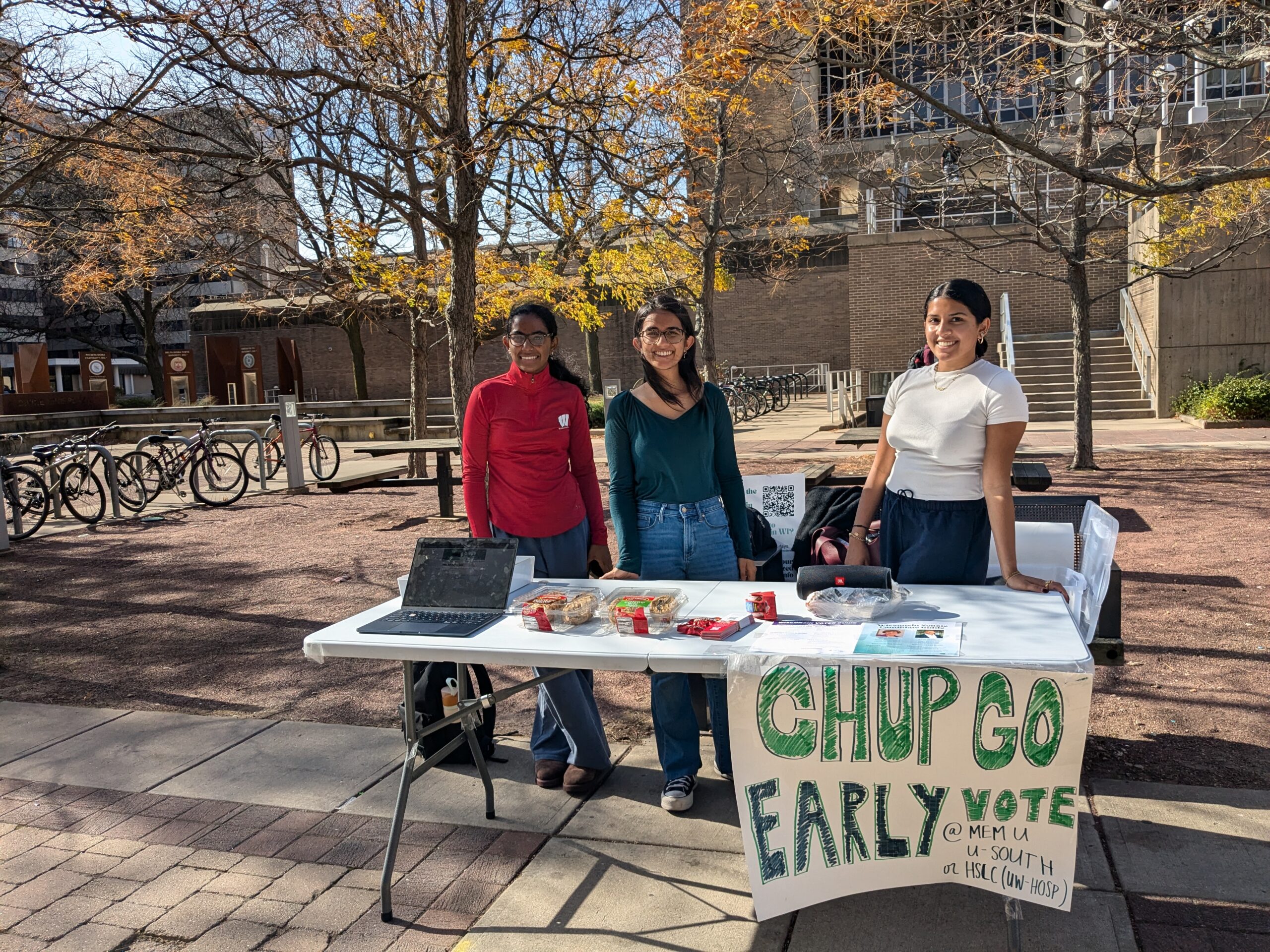
But she is hoping the stereotype will change. Since the start of the semester, Bluestein has been volunteering in get-out-the-vote efforts on campus, where she has seen young voters being energized and engaged.
“It’s really inspiring to see how much students really do care about the future and how they can help and get involved. I just think that people underestimate the power of Gen Z,” she said.

